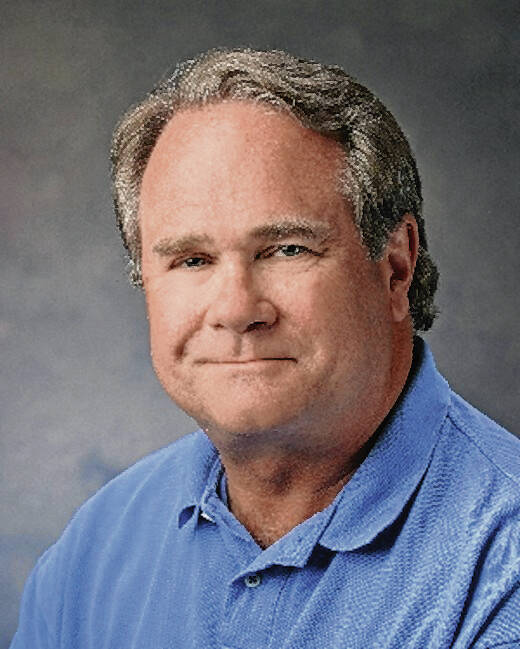
Craig Ladwig
People who grew up in small towns with their 4H clubs, classless basketball and sewing circles were a truly diverse breed. They came into contact and learned to work with a wide range of personalities at all levels of society.
‘THE GREAT PROBLEM of our age is the tendency of people to assume that economic growth is a universal cure for all ills, while it often brings new problems and exacerbates existing ones,” wrote the British economist E.F. Schumacher.
That is nowhere more true than in farming, where the notion that endless growth, a feature of industrial agriculture, is beneficial in all aspects. And to put it most simply, there is no good reason for Indiana to sacrifice its own social capital and topsoil for export to global financial networks — and to do so without a thorough public discussion. Corporate or foreign-owned mega-farms growing genetically altered corn to turn into energy does not get Hoosiers ahead.
You can dismiss the next few paragraphs as nostalgic debris if you wish, but the memories nonetheless relate to both the politics and sense of self for my generation, how we see the society around us.
I spent my early journalism career traveling the Great Plains and Midwest. A great treat back then was stopping for morning coffee wherever I happened to be and ordering a homemade coconut cream pie in the ever-present, family-owned downtown restaurant. The pie, difficult to perfect, was invariably excellent from town to town. I don’t know how to explain that except that the clientele would accept nothing less. The best bakers in town vied for the restaurant’s pie concession.
Today, industrial agriculture is replacing the family farm, evicting the local implement dealer, the law offices on the square, the corner grocer, the one-chair barbershop, the hardware store (where they actually knew things), the feed store (where they complained about politics and the weather), the weekly newspaper and those homemade coconut cream pies.
Several of the towns on my beat held annual “founder’s day dinners” where hometown sons and daughters who had “made good” in the outside world returned to be honored and to give a little speech. I was always surprised by how impressive the accomplishments, how sincere the pride and how heartfelt the gratitude.
And it wasn’t too many years ago that our Hoosier countryside was dotted with small family farms growing food to eat. Today, only about 10%-15% of Indiana corn is used for human consumption, (corn syrup, cornmeal, tortillas). The rest is animal feed and biofuels.
Many families had full gardens. My grandparents, although townspeople with salaried jobs, dedicated their backyard to a vegetable and fruit garden plus a chicken coop and a bee hive. No car, no central air, big front porch. They hardly used money.
These days as I travel the state I have had to face the fact there’s no there there. And it makes me sad that I cannot trust our now ubiquitous suburbs, popping up like tent cities around crime-ridden urban cores, to raise the same quality sons and daughters as honored at those founder’s day dinners. For people who grew up among 4-H clubs, classless basketball and sewing circles were a truly diverse breed with the advantages that implies.
Such as? They came into contact with a wide range of personalities at all levels of society. Necessity taught them to realistically assess their own abilities and those of others to work toward common goals and to do so without letting personal judgment get in the way. Social capital was made there, and you’re going to miss it along with the coconut cream pies.
No, we can’t turn back the clock and that’s not what I am talking about here. It’s called self-reliance. If you’ve forgotten what that looks like, drive through Lagrange County and Amish country. The least we can do in our urban leisure is refuse abject dependency on distant, amoral corporations for our food and jobs.
Craig Ladwig is editor of the quarterly Indiana Policy Review. Send comments to [email protected].
